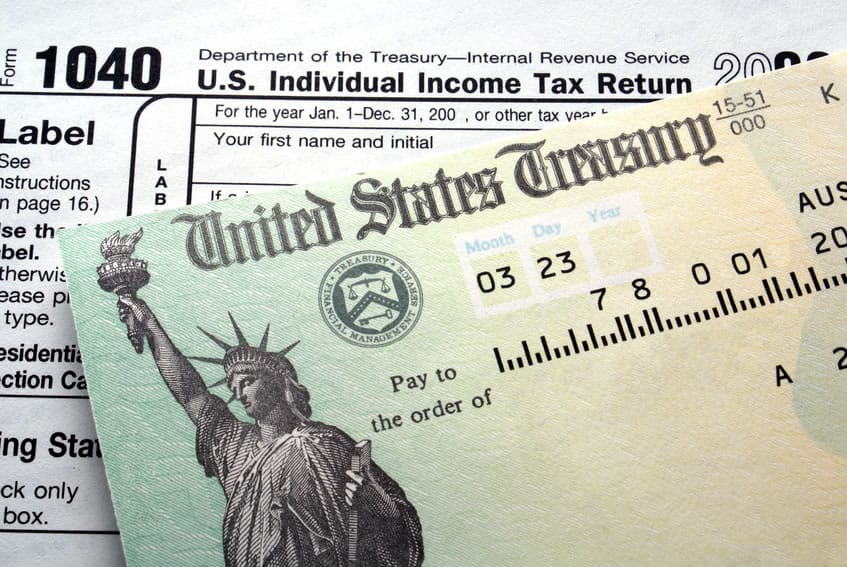Federal Income Tax: How Much Power is Too Much?


Is America a constitutional republic or a democracy? Whatever you want to call it, this much is for certain: once the voters of any country discover they can vote themselves money from the public treasury, no country is long to survive.
Unlimited government power to tax and spend is a primary reason America is on financial life support, but such power has also resulted in a major erosion of economic liberty. In fact, a quick look at history confirms that we have been losing economic liberty for more than 100 years, not just the last few years or decades.
Contrary to what some may believe, we have not always had a federal income tax; the first one came in 1862. To support funding for the Civil War, Congress imposed thefirst income tax and created the office of Commissioner of Internal Revenue (today known as the Internal Revenue Service or IRS).
Although the Civil War ended in 1865, the income tax was not repealed until 1872. Imagine that, though, a federal law that was repealed.
But the federal income tax made a comeback. In 1894, our federal government tried to impose a nationwide graduated income tax, thinking that it was a fair way to collect taxes, to even the burden between rich and poor.
Our elected federal officials tried to impose this tax, but the Supreme Court stopped them in 1895, declaring the national income tax on Americans to be unconstitutional. That did not put an end to calls for a federal income tax, however.
The only way to get around the Supreme Court ruling was to pass an Amendment to the Constitution permitting the taxing of incomes. And that is what happened in 1913 with the federal income tax, or 16th Amendment, which gave and continues to give Congress unlimited power to lay and collect taxes on incomes. That’s right, unlimited power.
Some people have questioned the legality of the 16th Amendment (i.e. Bill Benson, see www.thelawthatneverwas.com), but most of us dutifully pay our taxes at whatever rate is imposed on us by Congress.
Various fluctuation in tax rates have occurred since 1913, but the power for the federal government to tax incomes without limit remains.
Compassion is defined as a feeling of deep sympathy and sorrow for another who is stricken by misfortune, accompanied by a strong desire to alleviate the suffering. And perhaps compassion is what drove our government to push for a federal income tax (16th Amendment). But compassion may not be the best criterion to use when creating legislation, since there will always be people in need and worthwhile causes to support. There will never be a limit to the numbers of people who need help, but there is a limit to what our government can afford to do.
If you don’t agree, take look at our current national debt (see usdebtclock.org). The national debt accumulated from 1776 to 1913 was $2.9 billion. The national debt today is over $15.6 trillion. This debt exceeds the size of our economy (Gross Domestic Product or GDP) and is an increase in debt of over 538,000% since 1913.
What happened in 1913? Government was given unlimited power to tax incomes, and the results prove that a government with unlimited power to tax is a government with unlimited power to destroy.
Is there a way to get out of this, to restore economic liberty and reduce debt? There is, stay tuned.



